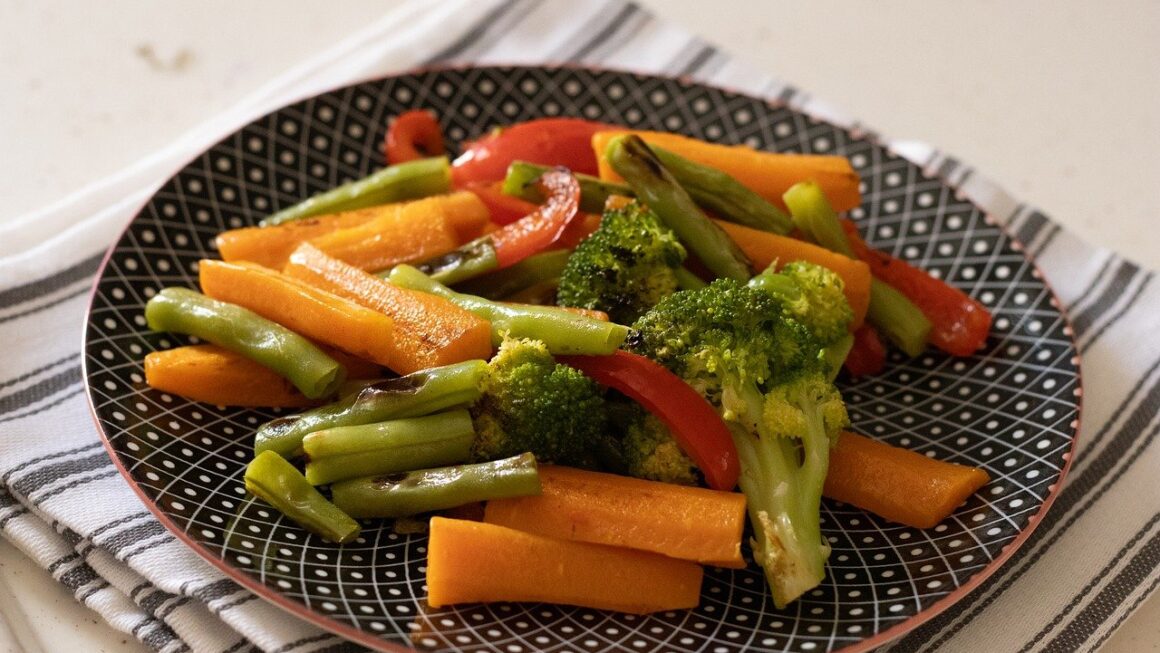Whether you’re sautéing vegetables, searing a steak, or frying up some chicken, the type of oil you use can have a big impact on the flavor and texture of your food. With so many options available, it can be overwhelming to choose the right oil for everyday cooking. Here are some of the top oils to consider for everyday cooking, from sautéing to frying.
Extra Virgin Olive Oil:
Extra virgin olive oil is a versatile oil that is great for sautéing, roasting, and dressing salads. It has a rich, fruity flavor and is high in monounsaturated fats, making it a heart-healthy choice. Just be mindful of its low smoke point, which means it’s not suitable for high-heat cooking.
Avocado Oil:
Avocado oil has a high smoke point and a mild flavor, making it ideal for high-heat cooking methods like frying and searing. It’s also rich in monounsaturated fats and is packed with antioxidants, making it a great choice for health-conscious cooks.
Coconut Oil:
Coconut oil has a sweet, nutty flavor and is a popular choice for frying and baking. It has a high smoke point and is rich in saturated fats, which makes it stable at high temperatures. However, it’s important to note that coconut oil is high in saturated fat, so it’s best used in moderation.
Canola Oil:
Canola oil has a neutral flavor and a high smoke point, making it a good all-purpose oil for everyday cooking. It’s low in saturated fat and high in omega-3 fatty acids, making it a heart-healthy choice. It’s great for sautéing, frying, and baking.
Grapeseed Oil:
Grapeseed oil has a light, neutral flavor and a high smoke point, making it a great choice for frying, grilling, and sautéing. It’s also high in polyunsaturated fats and vitamin E, making it a healthy option for everyday cooking.
Sesame Oil:
Sesame oil has a nutty, aromatic flavor and a high smoke point, making it perfect for stir-frying and sautéing. It’s often used as a finishing oil to add flavor to dishes, but it can also be used for cooking at high temperatures.
When choosing an oil for everyday cooking, it’s important to consider the flavor profile of the oil, its smoke point, and its nutritional content. Experimenting with different oils and finding the ones that work best for your cooking needs can make a big difference in the flavor and texture of your dishes. So whether you’re sautéing, frying, or roasting, there’s a perfect oil out there for you.




